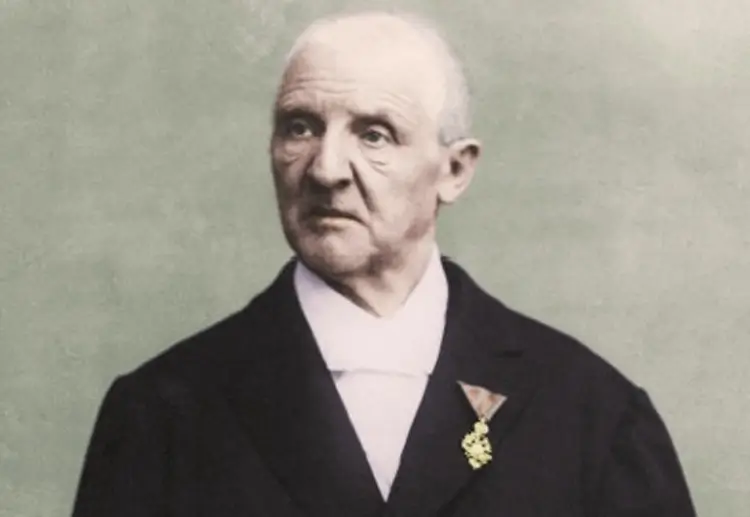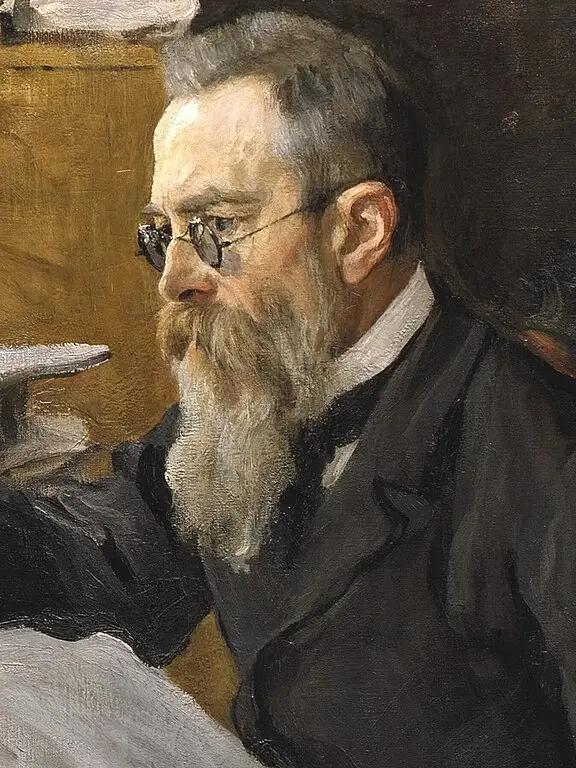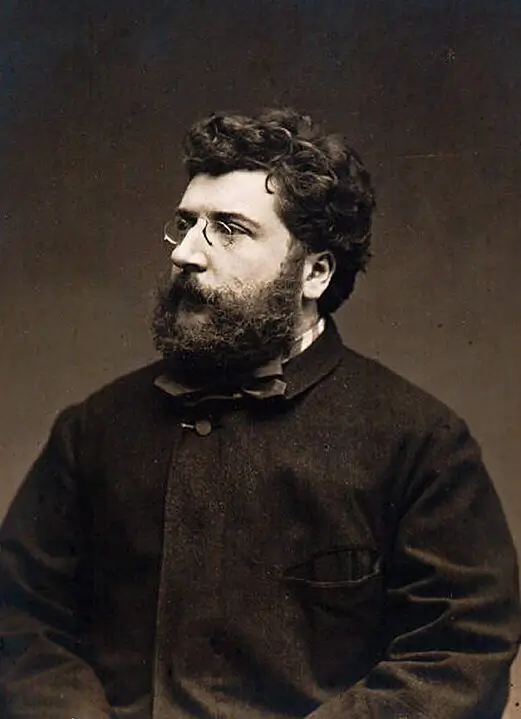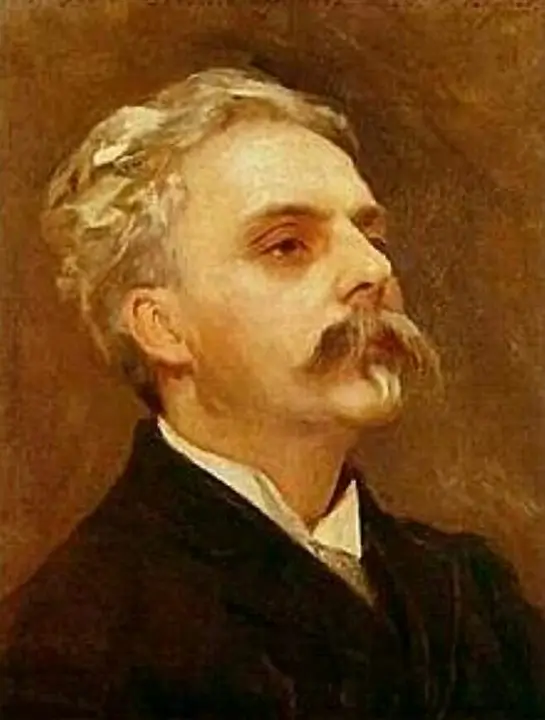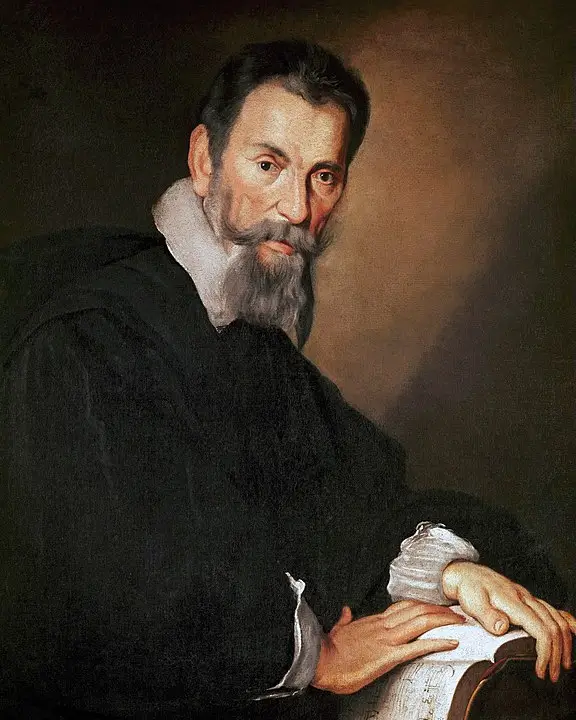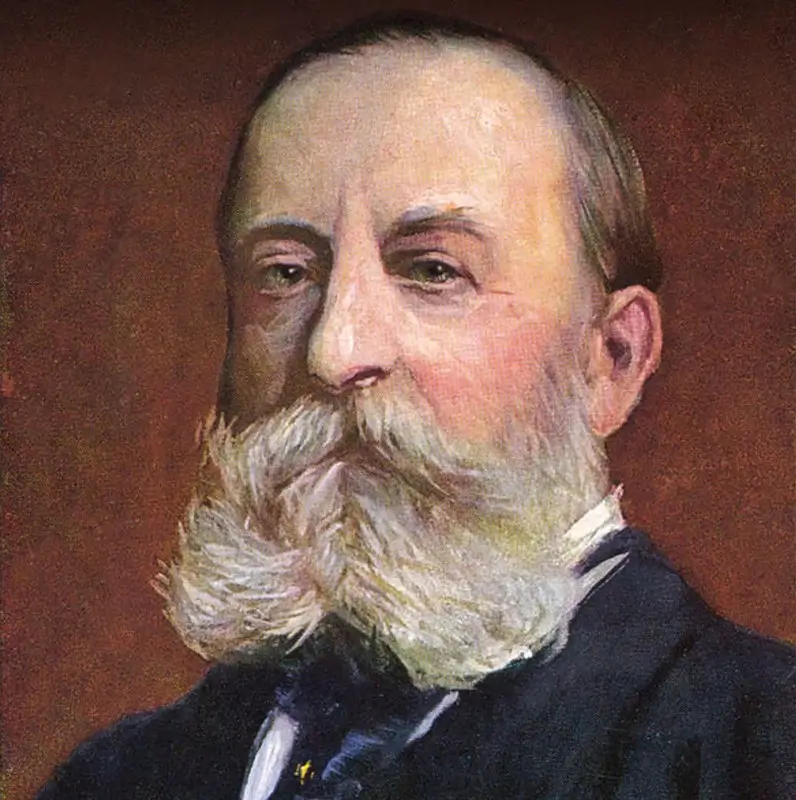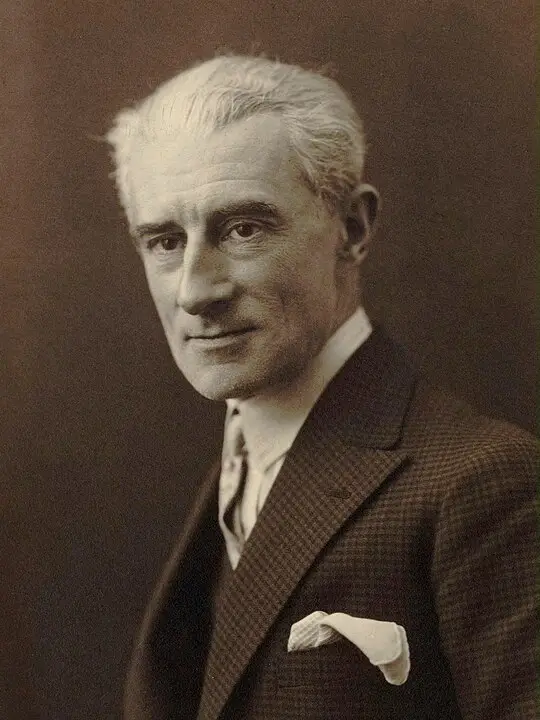Introduction
Anton Bruckner, a prominent Austrian composer of the late Romantic era, is widely regarded as one of the most innovative and influential composers of his time. His symphonies, characterized by their grandeur and complexity, have left an indelible mark on the world of classical music. This article delves into the life and works of Anton Bruckner, exploring his early life, musical training and development, major compositions, connections to other composers, character and philosophy, life in Vienna, and his eventual death.
Early Life
Anton Bruckner was born on September 4, 1824, in the small Austrian village of Ansfelden. He was the eldest of eleven children in a humble family. Bruckner’s father was a schoolmaster and organist, which exposed young Anton to music from an early age. Despite his family’s limited means, Bruckner’s talent and passion for music were evident from a young age. He began playing the organ at the local church and quickly gained recognition for his exceptional skills.
Musical Training and Development
Bruckner’s musical training began in earnest when he enrolled at the St. Florian Monastery as a choirboy at the age of 11. Under the guidance of his mentor, the renowned organist and composer Otto Kitzler, Bruckner honed his skills in composition, counterpoint, and organ playing. Kitzler recognized Bruckner’s immense talent and encouraged him to pursue a career in music. Bruckner’s time at the monastery laid the foundation for his future success as a composer.
Major Works and Compositions
Bruckner’s oeuvre primarily consists of symphonies, with his nine numbered symphonies being the most renowned. His symphonies are characterized by their monumental scale, rich harmonies, and intricate counterpoint. Symphony No. 4, also known as the “Romantic Symphony,” is considered one of his greatest achievements. This symphony showcases Bruckner’s mastery of orchestration and his ability to create sweeping, emotionally charged musical landscapes. Other notable works include his Mass No. 3 in D minor and his motets, which demonstrate his skill in choral composition. The Symphony No. 7 brought him international recognition and the 9th “Unfinished” Symphony shows a breathtaking scope with a fiery scherzo and ending on the heavenly adagio.
Connections to other Composers
Throughout his career, Bruckner formed connections with several influential composers of his time. He admired Richard Wagner and was deeply influenced by his music, particularly in terms of orchestration and harmonic language. Bruckner’s admiration for Wagner is evident in his symphonies, which often feature Wagnerian leitmotifs and lush orchestral textures. Additionally, Bruckner deeply admired Ludwig van Beethoven and Franz Schubert whose influence is apparent in Bruckner’s symphonies.
Character and Philosophy
Bruckner’s character was marked by humility, devout Catholicism, and a deep sense of spirituality. He was known for his modesty and self-doubt, often revising his compositions extensively before considering them complete. Bruckner’s music reflects his religious beliefs, with many of his compositions featuring soaring melodies and moments of profound introspection. His symphonies are often seen as spiritual journeys, exploring themes of faith, awe, and transcendence.
Life in Vienna
Bruckner spent the majority of his adult life in Vienna, the cultural hub of the Austro-Hungarian Empire. Despite facing initial criticism and rejection from Viennese audiences and critics, Bruckner eventually gained recognition and respect for his unique musical voice. He held various positions as an organist and conductor in Vienna, including the prestigious post of organist at the Imperial Court Chapel. Bruckner’s presence in the city contributed to the vibrant musical scene of the time, where he interacted with other composers, musicians, and intellectuals.
Death
Anton Bruckner passed away on October 11, 1896, in Vienna. His death marked the end of an era in classical music, as he was one of the last great composers of the Romantic period. Bruckner’s legacy lives on through his compositions, which continue to be performed and celebrated worldwide. His influence can be heard in the works of later composers, such as Gustav Mahler and Arnold Schoenberg, who were inspired by Bruckner’s innovative approach to harmony and form.
In conclusion, Anton Bruckner’s life and works exemplify the power of perseverance, dedication, and artistic vision. From his humble beginnings in a small Austrian village to his eventual recognition as a master composer, Bruckner’s journey is a testament to the transformative power of music. His symphonies, characterized by their grandeur and spiritual depth, continue to captivate audiences and inspire musicians to this day. Anton Bruckner’s legacy as a musical pioneer and visionary will forever be etched in the annals of classical music history.

